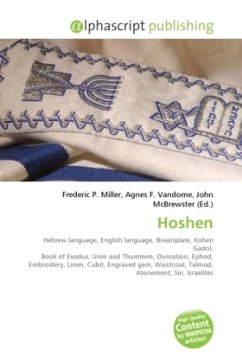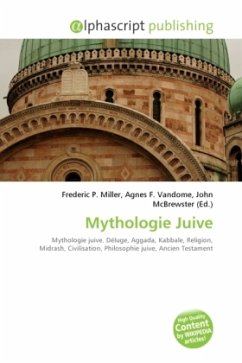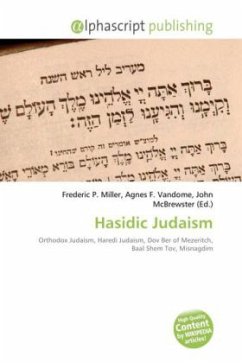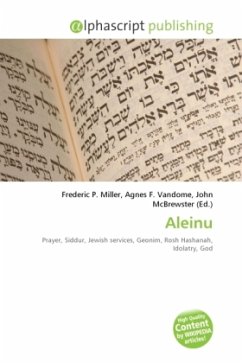Hebrew is a Semitic language of the Afro-Asiatic language family. Culturally, it is considered a Jewish language. Hebrew in its modern form is spoken by more than seven million people in Israel while Classical Hebrew has been used for prayer or study in Jewish communities around the world for over two thousand years. It is one of the official languages of Israel, along with Arabic. Ancient Hebrew is also the liturgical tongue of the Samaritans, while modern Hebrew or Palestinian Arabic is their vernacular, though today about 700 Samaritans remain. As a foreign language it is studied mostly by Jews and students of Judaism and Israel, archaeologists and linguists specializing in the Middle East and its civilizations, by theologians, and in Christian seminaries. The modern word "Hebrew" is derived from the word "ivri" which in turn may be based upon the root "`avar" meaning "to cross over". The related name Eber occurs in Genesis 10:21 and possibly means "the one who traverses". In the Bible "Hebrew" is called Yehudith because Judah (Yehuda) was the surviving kingdom at the time of the quotation, late 8th century BCE (Is 36, 2 Kings 18).








